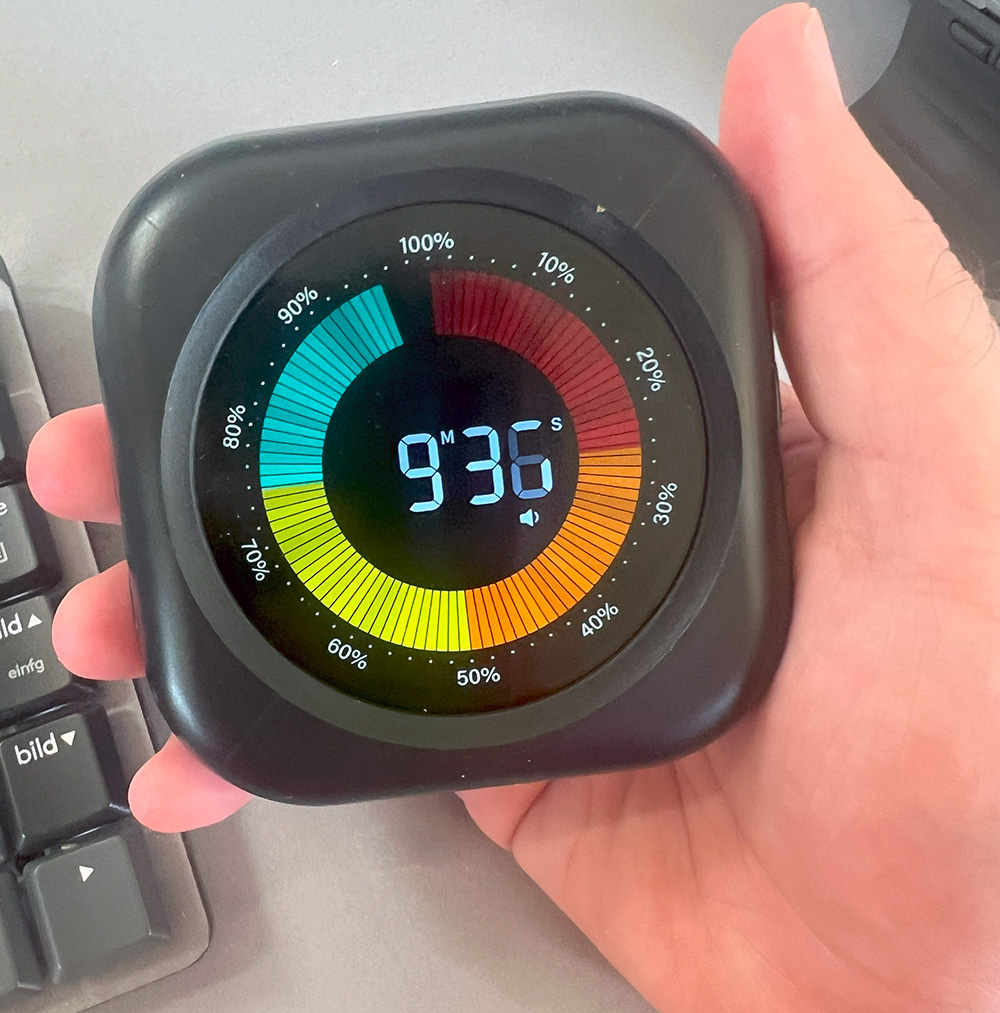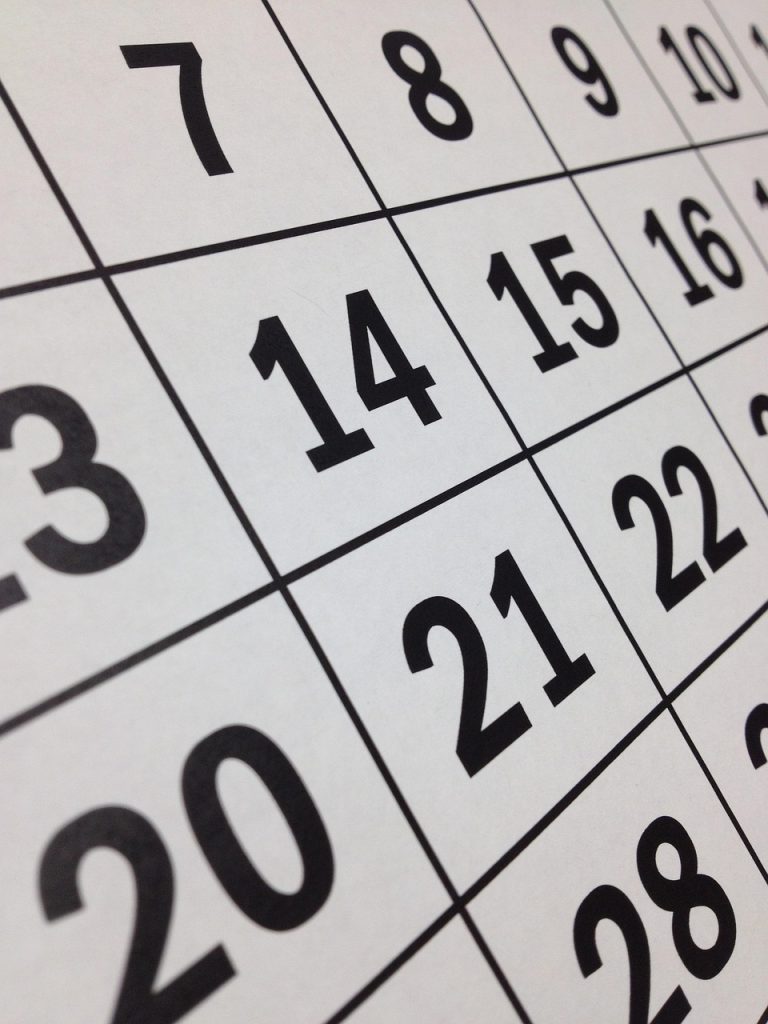We already talked about how to prevent and fight procrastination, but this time, we are taking a more concrete approach and are looking at specific steps you can use to tackle your challenges or work on your hobbies.
Here’s what I do to move forward with my goals. It’s a simple process – theoretically. Executing these steps might be a bit more trouble, but it’s not THAT difficult. Without further philosophy, here they are:
- Acknowledge that it’s not easy
- Work on it, without distraction, for a set amount of time
- Stay consistent, work on it every day
Sounds simple, right? That’s because it is simple. It’s a simple principle, but it works. Why & how? Well, let’s see.
1. Acknowledge that it’s not easy
Everybody is hoping for a quick and straightforward solution to their problem, or they are hoping that what they are trying to do will be simple, easy and fun – and when they discover that it’s not that easy or that there are no smart or quick fixes, they have the tendency to give up or to procrastinate.
There’s power in acknowledging that it is not a simple task that awaits you and that there might be many obstacles you might have to deal with before you finish.

Image by kinkate from Pixabay
However, try to be confident in your abilities and acknowledge that you can do this. If it is work, there’s no getting around it. Suppose it is a hobby you are planning to undertake. In that case, you do have the luxury of deciding if you really, and I mean really, want to do this or if you might be happier with another entirely different, but also challenging project.
In short, you need to make your peace with the fact that there are challenging times ahead, but that you have the desire, willpower and energy to see it through.
2. Work on it, without distraction, for a set amount of time
You need to work on it, yes, but here’s the meat of the matter – you tell yourself that you will work on it only for a set amount of time. It can be an hour, half an hour, 10 minutes or even 5 minutes. Heck, I have come to believe that deciding to work on a task, even for only one minute, can be helpful.
The key is that you know the time allocated to the task will end and when it will end.
What I found is that there’s a lot of truth in the advice that you should buy yourself an oven timer, set it for a set amount of time, and work on your task for that amount of time, until the timer beeps. DO NOT USE A PHONE for the timer! We want to work in a focused, distraction-free environment. Ideally, your phone should be charging in the next room.

The principle is even the same if you’re attempting to work out. Start by saying to yourself that you will do it only for a limited amount of time.
The key there is to focus on the work. It’s okay if you don’t have inspiration; do what you have to do anyway.
That might mean writing one loop in code, or it might mean writing one line of poetry – what is essential is that you work on it for the set amount of time, without worrying about the result. The only thing to think about is your work – and the fact that you will soon be done. It’s okay to endure tedious work because it will soon be over. And you will know that it will soon be over.
You can do this spontaneously, but I think it’s better to have the time block prepared every day.
3. Stay consistent, work on it every day
It is not very likely that you will get up on that mountain in one big jump, but you will get there by using a gradual slope, as it enables you to do a bit more climbing every day. This will make your progress visible after just a few sessions, and you will have the knowledge that you will finish that task, no matter how difficult it is, by taking small, manageable steps.
Of course, if there are breaks in performing these steps, then the task will take much longer, and you might even forget about it – that is, until you remember that you were planning to do it, but didn’t. When that happens, you will indeed feel bad.

So, the key is staying consistent, so that you see a bit of progress every day, and so that you feel good in having that unbroken chain of consistency.
For bonus points, you might even consider getting a TODO app and making a recurring daily task. Alternatively, if the task is essential, you might consider using a daily planner to write the task into it and then mark it as complete once you’ve completed it. Doing this daily will provide you with a serotonin boost and should make you want to come back.
Bonus step: Be kind to yourself
The very fact that you have found this post means that you are interested in improving yourself, and that already puts you above many people who are arrogant enough to think they are perfect or better than others.
But we need to remember that we are really only racing against ourselves.

We should strive to be better than we are, and we should only care about how we perceive ourselves. So, attempt to perceive yourself as an imperfect human being who, despite hardships, attempts to move forward and to become more than you are.
Even if you skip a day or don’t make it and have to take a break from it, I am proud of you for trying. And you should be too.





